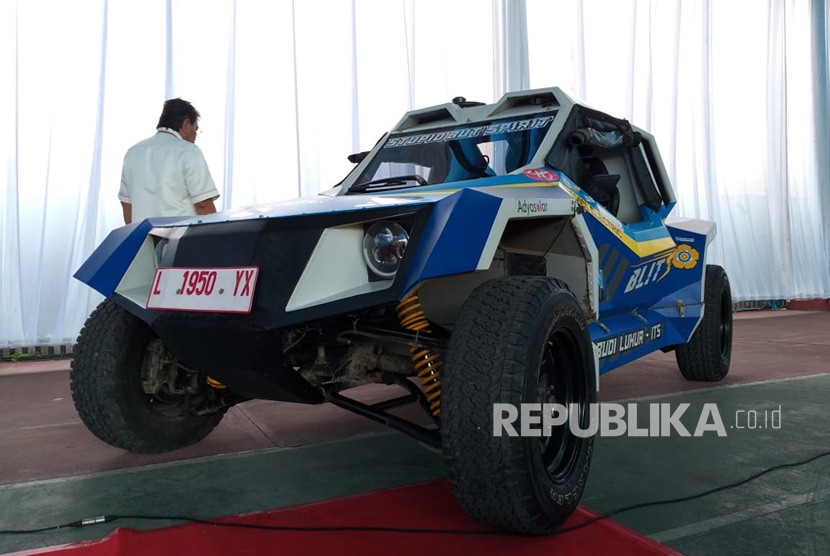REPUBLIKA.CO.ID, JAKARTA -- The Industry Ministry has targeted Japan as a potential investor to establish battery manufacturing plant in Indonesia. It was considered important in a bid to accelerate development of the country's electric vehicles.
"Earlier, I had urged investors from Korea and other countries. Now, we hope that Japan would invest in the sector that we need to develop electric cars," Harjanto, the ministry's Director General of Metal, Machinery, Transportation, and Electronic Industry, noted in a statement here on Wednesday.
According to Harjanto, Japan is a potential investor, with its advanced technology in the industry.
"In Morowali (Central Sulawesi), we have an investor to produce raw material for battery, which is expected to start production within the next 16 months. Next, we encourage the development of battery plant," he added.
Industry Minister Airlangga Hartarto and Coordinating Minister for Maritime Affairs Luhut Binsar Pandjaitan inaugurated the construction project of PT QMB New Energy Materials in the Morowali Industrial Park in Central Sulawesi. Construction of the hydro metallurgy-based smelter industry will meet the demand of nickel cobalt as raw material of lithium battery that can be used for electric vehicles.
Total investment for the project has amounted to US$700 million and is expected to draw $800 million of foreign exchange per year.
The plant is expected to absorb more than two thousand workers and produce 50 thousand tons of intermediate nickel hydroxide, 150 thousand tons of crystal nickel sulphate battery, 20 thousand tons of crystal sulphate cobalt battery, and 30 thousand crystal sulphate manganese battery.
Harjanto reiterated that the ministry's commitment to accelerating the development of electric vehicles is supported by the formulation of a national automotive industry road map that, among others, focuses on production of low carbon emission vehicles, or LCEV.


